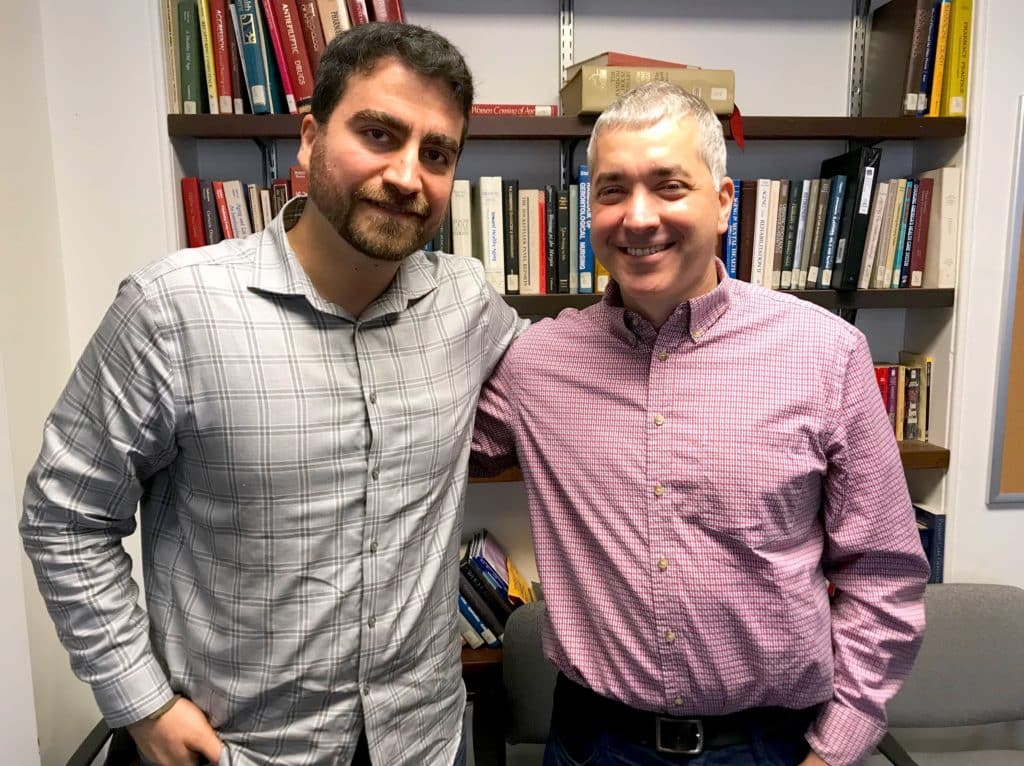The Penn Memory Center continued its new Empowering Caregivers speaker series this year with occupational therapist and Day by Day Home Therapy founder Rachel Wiley, who presented “Bathing, Grooming, Dressing, and Other Activities of Daily Living.” Wiley’s workshop was both practical and personal, emphasizing real-world advice on caring for your loved one. Empowering Caregivers gives caregivers access to area experts who present on a variety of intensive topics, from in-home activities to end-of-life care.
All sessions are full. We appreciate your enthusiasm.


